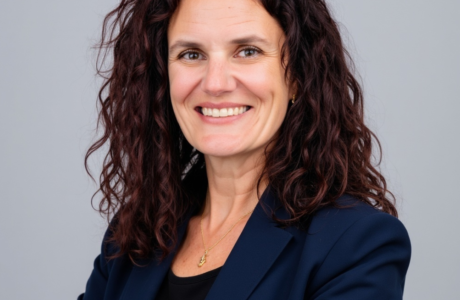
Medical Care in Dying: A Physician’s Perspective with Dr. Bob Uslander
In this recent episode of the End of Life University Podcast, Karen Wyatts interviews Dr. Bob Uslander about the Medical Aid in Dying (MAiD) process. From understanding the critical importance of timing to navigating systemic challenges and building a supportive network, this introduction serves as a starting point for those looking to offer compassionate and comprehensive care in end-of-life situations.
Dr. Uslander delves into several essential aspects of providing compassionate end-of-life care. These insights are particularly valuable for those involved in the MAiD process, highlighting the delicate balance of medical, emotional, and logistical considerations. The discussion emphasizes the following key points:
- Commitment to Comprehensive Support: Physicians must be ready to fully commit to supporting both the patient and their family throughout the entire MAiD process. This includes being available for ongoing communication and emotional support and managing the logistical aspects of the process.
- Importance of Timing: Timing is critical for patients considering MAiD, especially as their conditions may deteriorate quickly. Physicians should ensure the process is efficient and streamlined to minimize delays, which can cause significant distress for the patient and their family.
- Holistic Approach: MAiD should not be viewed as a side practice but rather integrated into the overall approach to patient care. This comprehensive commitment involves being deeply involved in every step, from initial discussions to the final moments, and providing continuous support.
- Navigating Systemic Challenges: Physicians must be aware of the systemic challenges, such as billing and reimbursement issues, that may only partially compensate for the time and effort required to provide comprehensive care in MAiD cases. This includes managing communications, coordinating with pharmacies, and meeting all legal and medical requirements.
- Building a Support Network: Creating a network of supportive professionals, including social workers, pharmacists, and other healthcare providers, is crucial for a smooth MAiD process. This network ensures that patients and their families feel confident and supported throughout.
- Educational Opportunities: Experienced physicians like Dr. Bob can play a crucial role in educating and mentoring other physicians interested in MAiD. By offering training and sharing best practices, they can help grow a community of knowledgeable practitioners who can provide high-quality care.
- Patient and Family Preparation: Physicians should ensure that the patient and their family are thoroughly prepared for the process, including understanding the steps involved and what to expect when the medication is taken. This preparation can help alleviate some of the anxiety and fear associated with MAiD.
- Addressing Physician Shortages: The current shortage of physicians willing and able to participate in MAiD is challenging. However, with time, education, and support, more physicians may be encouraged to offer this service, helping to meet the growing patient demand.
The insights shared in this episode can guide other physicians considering integrating MAiD into their practice, ensuring they do so with the necessary commitment, support, and understanding of the complexities involved.
Listen to the full episode here or watch it below.





